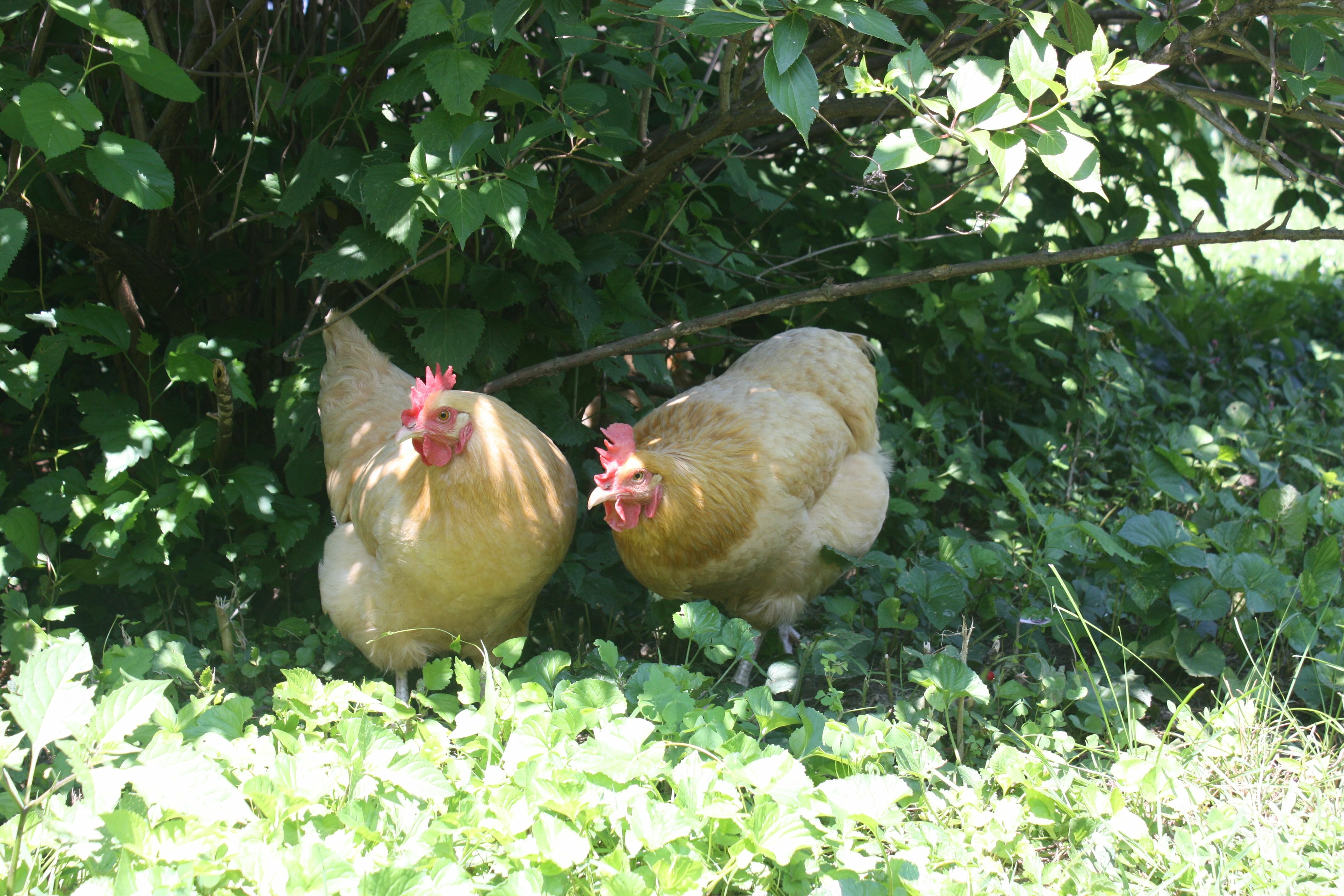

Articles
How To Keep Chickens Out Of Garden
Modified: August 30, 2024
Learn effective gardening techniques to prevent chickens from damaging your garden and enjoy a beautiful, thriving garden year-round.
(Many of the links in this article redirect to a specific reviewed product. Your purchase of these products through affiliate links helps to generate commission for Storables.com, at no extra cost. Learn more)
Introduction
Having a garden can be incredibly rewarding, allowing you to grow your own fresh fruits, vegetables, and flowers. However, one common challenge many gardeners face is keeping chickens out of their garden. While chickens can be delightful pets and providers of fresh eggs, they can also wreak havoc on gardens, scratching up plants, eating newly sprouted seeds, and leaving their droppings behind.
If you’re tired of seeing your hard work destroyed by chickens, don’t worry – there are effective strategies you can use to keep them out of your garden. In this article, we will explore various methods to deter chickens from accessing your garden space, ensuring that your plants can thrive undisturbed.
Key Takeaways:
- Protect your garden from chickens by creating physical barriers like chicken wire fencing and raised garden beds. Planting chicken-repellent plants and providing distractions can also keep chickens at bay.
- Consider using ultrasonic repellents to deter chickens from entering your garden without causing harm. Combine multiple strategies for the best results in keeping chickens out of your garden.
Read more: How To Keep A Dog Out Of A Garden Bed
Understanding the Problem
Before diving into the solutions, it’s important to understand why chickens are drawn to gardens in the first place. Chickens are naturally curious and enjoy foraging for insects, worms, and other tasty treats. Gardens provide an ideal environment for chickens to find plenty of food and opportunities to scratch the ground.
In addition to the allure of food, chickens are also attracted to the soft soil found in gardens, which makes it easy for them to dust bathe. Dust bathing is a natural behavior for chickens and helps keep their feathers clean and free of parasites.
Chickens are opportunistic creatures, so even if they have access to their own designated space, they may still be tempted to venture into your garden for new sources of food or a change of scenery. Understanding these behaviors will help you address the problem effectively.
Identifying Common Chicken Behaviors
By familiarizing yourself with common chicken behaviors, you can gain insights into their motivations and develop targeted strategies to keep them out of your garden.
One prominent behavior of chickens is scratching the ground with their feet. They do this to uncover insects, worms, and seeds in the soil. If you notice areas in your garden where the soil has been disturbed or dug up, it’s a clear sign that chickens have been foraging in your garden.
Another behavior to watch for is dust bathing. Chickens will find a dry patch of soil and vigorously fluff, roll, and flap their feathers in it. This behavior helps them keep clean by loosening dirt and drying out any moisture on their skin. If you see patches of disturbed soil with signs of feathers, it’s likely a dust bathing spot for chickens.
Chickens are also expert diggers. They have strong beaks and sharp claws that allow them to dig and scratch the ground effortlessly. Keep an eye out for holes or shallow trenches in your garden, as these are indications that chickens have been digging around.
Finally, chickens are attracted to certain plants. They have a penchant for tender young shoots and leaves, often pecking at them and causing damage. Monitor your garden for signs of nibbled or missing foliage, as this can be a telltale sign of chicken activity.
By understanding these behaviors and observing the specific actions of chickens in your garden, you can tailor your strategies to effectively deter them and protect your plants.
Creating Physical Barriers
One of the most effective ways to keep chickens out of your garden is by creating physical barriers that prevent their access. By blocking their entry points, you can protect your plants and maintain a chicken-free zone.
One common method is to install a fence around your garden area. Choose a sturdy material, such as chicken wire or hardware cloth, that will prevent chickens from squeezing through. Make sure the fence is at least 4 feet tall to discourage them from attempting to fly over it. Secure the bottom of the fence to the ground to prevent chickens from burrowing underneath.
If you have existing fences, ensure that there are no gaps or holes through which chickens can slip in. Patch up any openings with additional fencing or mesh to create a seamless barrier.
In addition to a perimeter fence, consider using individual barriers around specific plant beds or vulnerable areas. This can be done by using chicken wire or cloches made from wire mesh placed over small plants to prevent chickens from reaching them.
Another option is to create a chicken-free zone using netting. Stretch bird netting over your garden area, ensuring that it’s anchored securely to prevent chickens from going underneath. The netting acts as a physical barrier, preventing chickens from trespassing into your garden space.
Remember, when creating physical barriers, it’s important to regularly inspect and maintain them. Check for any damages or weak spots that chickens may exploit, and promptly repair or reinforce them to keep your garden protected.
Installing Chicken Wire Fencing
Installing chicken wire fencing is a practical and effective method to keep chickens out of your garden. With its small openings, chicken wire acts as a barrier that prevents chickens from accessing your plants and damaging your hard work.
To install chicken wire fencing, start by measuring the perimeter of your garden area and determine how much fencing you will need. Dig a shallow trench along the boundary line of your garden, approximately 6 inches deep.
Unroll the chicken wire and attach it securely to wooden or metal stakes positioned at regular intervals along the trench. Ensure that the wire is flush against the ground to prevent chickens from burrowing underneath.
Use wire or zip ties to fasten the chicken wire to the stakes, ensuring a tight and secure fit. For added stability, consider burying the bottom edge of the wire fencing in the trench and backfilling it with soil.
Make sure the height of the chicken wire fencing is sufficient to deter chickens from flying or jumping over. For most breeds of chickens, a fence height of at least 4 feet should be effective in keeping them out.
Regularly inspect the chicken wire fencing for any damage or areas that may have become loose. Repair or replace any damaged sections promptly to maintain the integrity of the barrier.
It’s important to note that while chicken wire fencing is effective at keeping adult chickens out, it may not be as effective against smaller chicks or young chickens that can squeeze through the small openings. In these cases, additional measures may be needed, such as installing smaller-mesh netting over the chicken wire to create a double-layered barrier.
By installing chicken wire fencing, you can create a physical barrier that discourages chickens from entering your garden and protects your plants from their foraging and scratching behaviors.
Install a fence around the garden to keep chickens out. Use chicken wire or hardware cloth and make sure it’s at least 4 feet high and buried a few inches into the ground to prevent them from digging under.
Read more: How To Keep Groundhogs Out Of Your Garden
Using Raised Garden Beds
Using raised garden beds is an effective strategy to keep chickens out of your garden while providing a protected growing space for your plants. Raised beds elevate your plants off the ground, making it more difficult for chickens to access them.
To create raised garden beds, begin by selecting a suitable location in your garden. Choose an area that receives ample sunlight and is easily accessible for watering and maintenance.
Construct the raised beds using materials such as wood, bricks, or cinder blocks. Ensure that the beds are at least 12 inches high to deter chickens from reaching the plants. The dimensions of the beds are flexible, depending on your specific requirements and available space.
Fill the raised beds with a quality soil mix that provides good drainage and nutrient-rich conditions for your plants. Consider incorporating organic matter and compost to further improve the fertility and health of the soil.
The height of the raised beds acts as a physical barrier, making it challenging for chickens to jump or fly into the planting area. This significantly reduces the risk of chickens damaging your plants and allows you to grow a variety of crops without interference.
Additionally, the defined boundaries of raised beds make it easier to install chicken wire fencing or netting to further protect your plants. Attach the fencing or netting to stakes around the perimeter of the raised bed, ensuring that it covers the sides and top of the bed to prevent chickens from accessing your plants.
Remember to regularly monitor and maintain the raised beds, checking for any gaps or damages in the fencing or netting. Any gaps should be promptly repaired to ensure optimal protection.
Using raised garden beds not only helps keep chickens out of your garden, but it also provides a controlled and organized growing space for your plants. Take advantage of the raised bed design to create a thriving garden while keeping those pesky chickens at bay.
Planting Chicken-Repellent Plants
Planting chicken-repellent plants can be an effective natural strategy to deter chickens from entering your garden. Certain plants have strong scents, tastes, or textures that chickens find unappealing, causing them to avoid those areas.
One popular chicken-repellent plant is the marigold. Chickens dislike the strong smell of marigolds, making them an excellent choice for bordering your garden or planting around specific plants you want to protect. Marigolds also have bright and vibrant flowers that add beauty to your garden.
Mint is another plant that chickens tend to avoid. The strong scent of mint, particularly varieties like spearmint or peppermint, acts as a natural deterrent. Planting mint along the perimeter of your garden or in small pots scattered throughout can help repel chickens.
Other plants with strong aromas, such as lavender, rosemary, and thyme, can also discourage chickens from venturing into your garden. Consider incorporating these herbs into your garden beds or creating borders with them to create a fragrant barrier.
In addition to their smell, some plants have textures that chickens find unpleasant. For example, plants with fuzzy or prickly leaves, like sage or yarrow, can deter chickens due to the uncomfortable sensation on their beaks and feet. Planting these types of plants strategically can help protect your garden from chicken intrusion.
It’s important to note that while these chicken-repellent plants can be effective, they are not foolproof. Some determined chickens may still try to nibble on these plants if other food sources are scarce. It’s best to use a combination of strategies, including physical barriers and other deterrent methods, to maximize your garden’s protection.
When selecting chicken-repellent plants, consider the specific needs and conditions in your garden. Ensure that they are suitable for your climate, soil type, and available sunlight. By incorporating these plants into your garden, you can create an environment that naturally deters chickens and helps protect your cherished plants.
Providing Distractions and Alternative Space
One effective way to keep chickens out of your garden is by providing them with distractions and alternative spaces to keep them occupied and away from your precious plants. By offering enticing areas for chickens to explore and forage, you can redirect their attention away from your garden.
Create a designated chicken foraging area away from your garden. This can be a fenced-off section of your yard or a separate enclosure specifically designed for chickens. Fill this area with chicken-friendly plants, such as clover, grasses, or other vegetation that chickens enjoy pecking at and scratching around.
You can also scatter treats, such as grains or mealworms, in the designated chicken area to further entice them to spend time there. Providing regular food sources and engaging activities can help keep chickens occupied and minimize their interest in venturing into your garden.
Additionally, consider incorporating features that attract chickens to their designated space. Install a shallow birdbath or create small dust bathing areas filled with loose dirt or sand – both of which are elements that chickens find enticing and enjoy engaging in.
Introduce chicken toys or enrichment items to keep them mentally stimulated and entertained in their designated area. Hang a cabbage or other hanging treats that chickens can peck and play with, keeping them engaged and reducing their desire to explore your garden.
Regularly maintain and update the designated chicken space to keep it fresh and appealing. Rotate the plants, replenish the treats, and provide new toys or challenges to keep the chickens engaged and interested.
By providing distractions and alternative spaces, you redirect the chickens’ natural foraging instincts and keep them occupied in designated areas away from your garden. This not only protects your plants but also allows the chickens to engage in their natural behaviors and find enjoyment in their own dedicated space.
Using Ultrasonic Repellents
Ultrasonic repellents are devices that emit high-frequency sound waves that are inaudible to humans but can be bothersome to chickens and other animals. By utilizing ultrasonic repellents in your garden, you can deter chickens from entering the area without causing harm.
These devices work by emitting sound waves that are uncomfortable for chickens, making them want to stay away from the affected area. Ultrasonic repellents are available in various forms, including standalone units or those that can be installed on fences, stakes, or other structures.
When using ultrasonic repellents, it’s important to consider the coverage area. The effectiveness of the repellent depends on the distance it can reach and the range of frequencies it emits. Be sure to position the device in a central location within your garden to maximize its effect.
Most ultrasonic repellents have adjustable settings, allowing you to control the frequency or add additional features like motion sensors or flashing lights. These additional features can help startle and deter chickens further, strengthening the repellent effect.
It’s important to regularly maintain and check the ultrasonic repellents to ensure they are working properly. Replace batteries as needed and keep the devices clean and free from dirt or debris that may interfere with their functionality.
While ultrasonic repellents can be effective in deterring chickens, it’s important to note that individual responses may vary. Some chickens may become acclimated to the sound waves over time, reducing its effectiveness. In such cases, it may be necessary to combine ultrasonic repellents with other deterrent methods.
When using ultrasonic repellents, always follow the manufacturer’s instructions and guidelines for optimal and safe usage. These devices provide a non-intrusive and humane option to deter chickens from entering your garden, allowing your plants to flourish undisturbed.
Read more: How To Keep Chickens Off Of Porch
Conclusion
Keeping chickens out of your garden can be a challenging endeavor, but with the right strategies, it is certainly achievable. By understanding the behaviors of chickens and implementing effective deterrent methods, you can create a harmonious environment where your plants can thrive without the interference of these curious creatures.
Creating physical barriers, such as chicken wire fencing or raised garden beds, serves as an effective means of preventing chickens from accessing your garden. These barriers provide a physical boundary that discourages chickens from entering and damaging your plants.
Planting chicken-repellent plants can also be a valuable tactic. Certain plants with strong scents or unpleasant textures can deter chickens from venturing into your garden, creating a natural deterrent that keeps them at bay.
Offering distractions and alternative spaces for chickens is another useful approach. By providing designated areas where chickens can forage, dust bathe, and engage in natural behaviors, you can redirect their attention away from your garden and provide them with their own space to explore.
For those seeking non-intrusive methods, ultrasonic repellents emit sound waves that are bothersome to chickens but inaudible to humans. These devices can help deter chickens from entering your garden without causing harm, providing an additional layer of protection for your plants.
Remember, combining different strategies and using a multi-faceted approach will yield the best results. Implementing a combination of physical barriers, repellent plants, distractions, and alternative spaces will help create a garden that is off-limits to chickens while still allowing them to roam and enjoy their own designated areas in your yard.
By implementing these strategies and tailoring them to your specific garden environment, you can successfully keep chickens out of your garden and enjoy the fruits of your labor, free from chicken-induced damage. With a little effort and persistence, you can create a beautiful and flourishing garden that brings you joy and satisfaction year after year.
With chickens safely kept out of your garden, why not delve deeper into protecting your precious plants? Discover our guide on garden netting, perfect for shielding flora and fauna from other pesky intruders. If you're curious about maximizing space and efficiency, consider reading about which plants thrive in raised garden beds. Both articles offer practical, easy-to-implement advice, ensuring your garden remains lush and vibrant.
Frequently Asked Questions about How To Keep Chickens Out Of Garden
Was this page helpful?
At Storables.com, we guarantee accurate and reliable information. Our content, validated by Expert Board Contributors, is crafted following stringent Editorial Policies. We're committed to providing you with well-researched, expert-backed insights for all your informational needs.
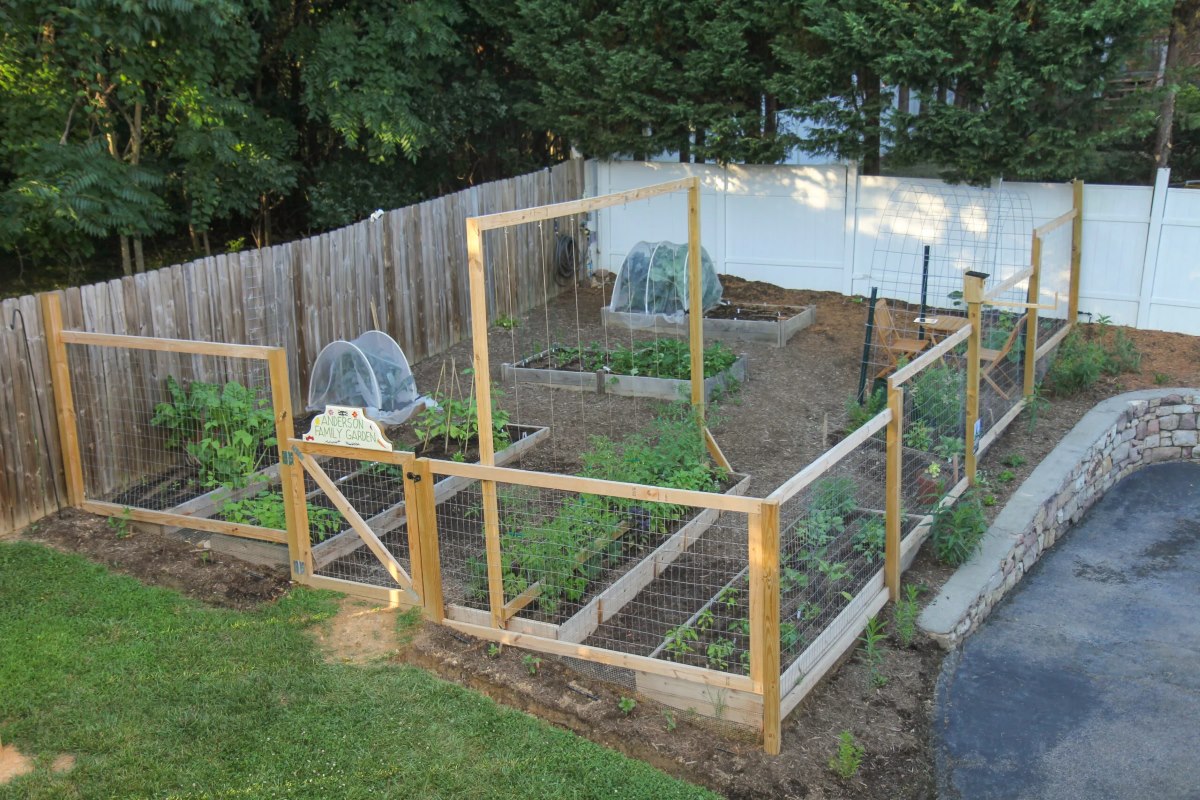


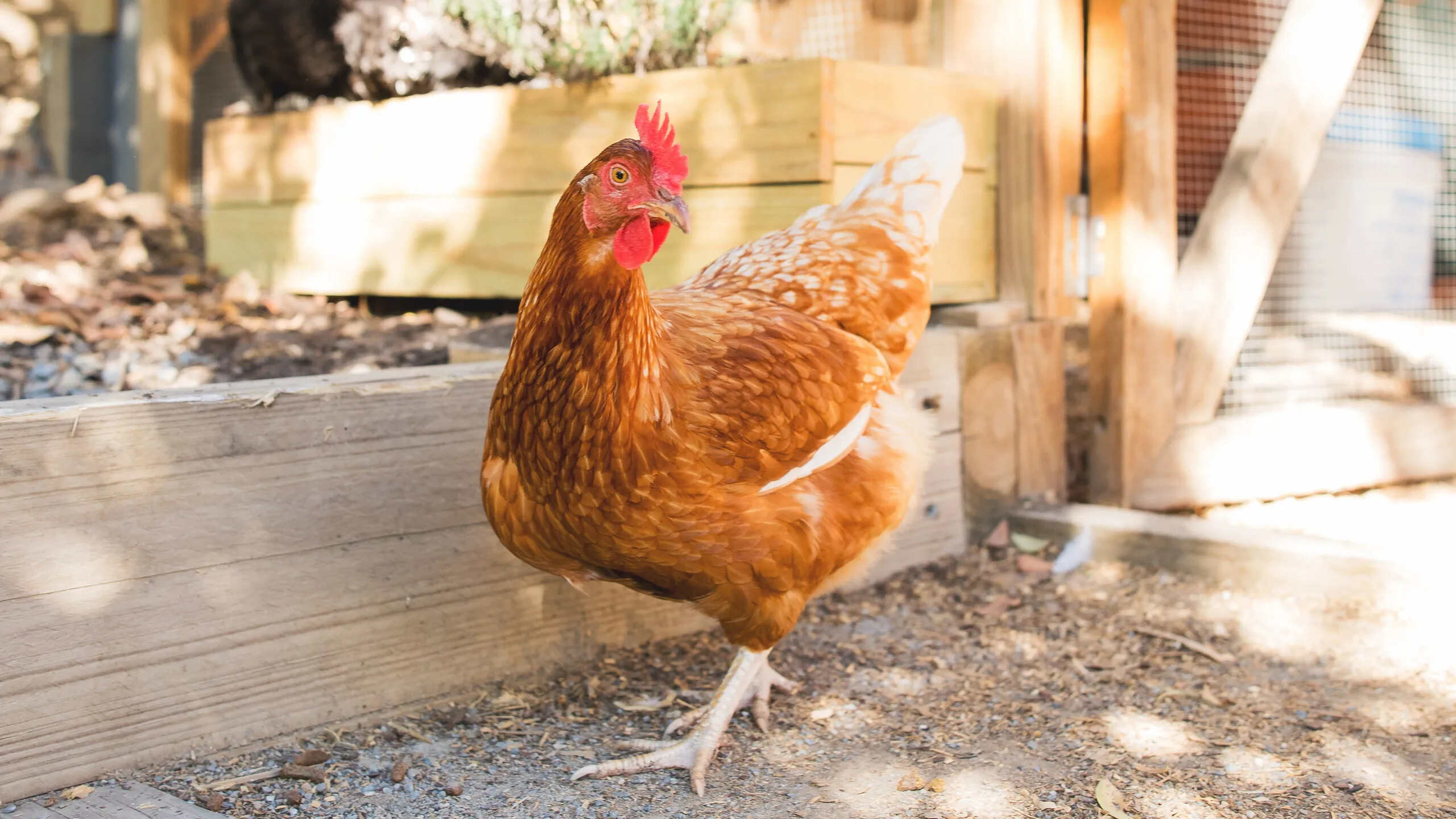
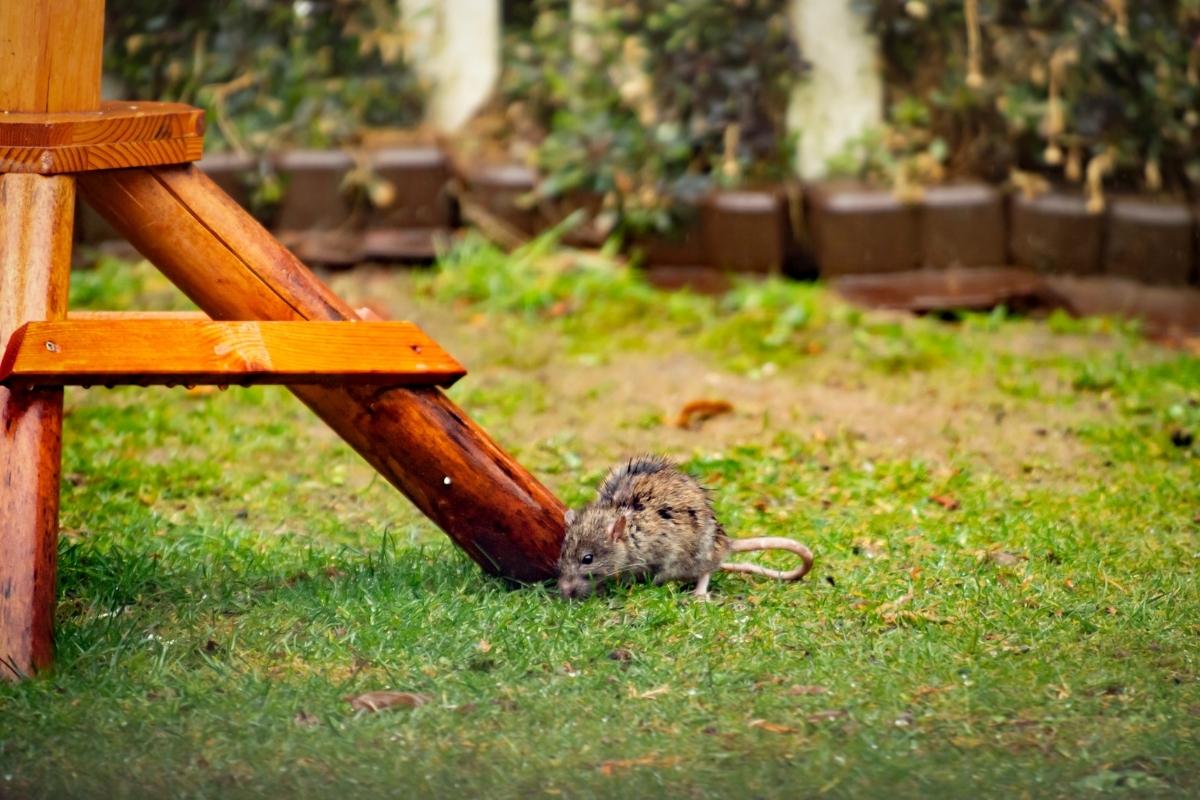
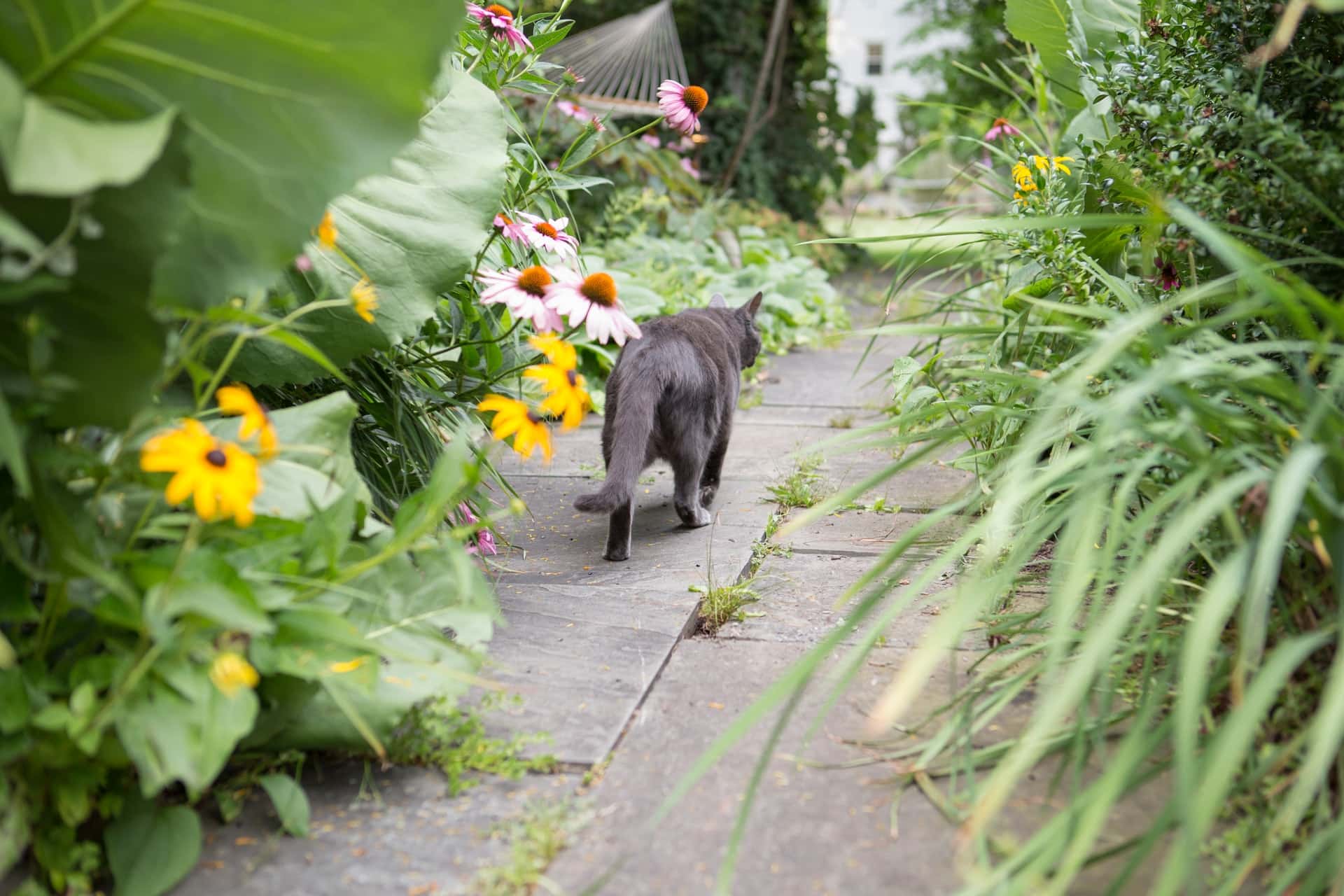

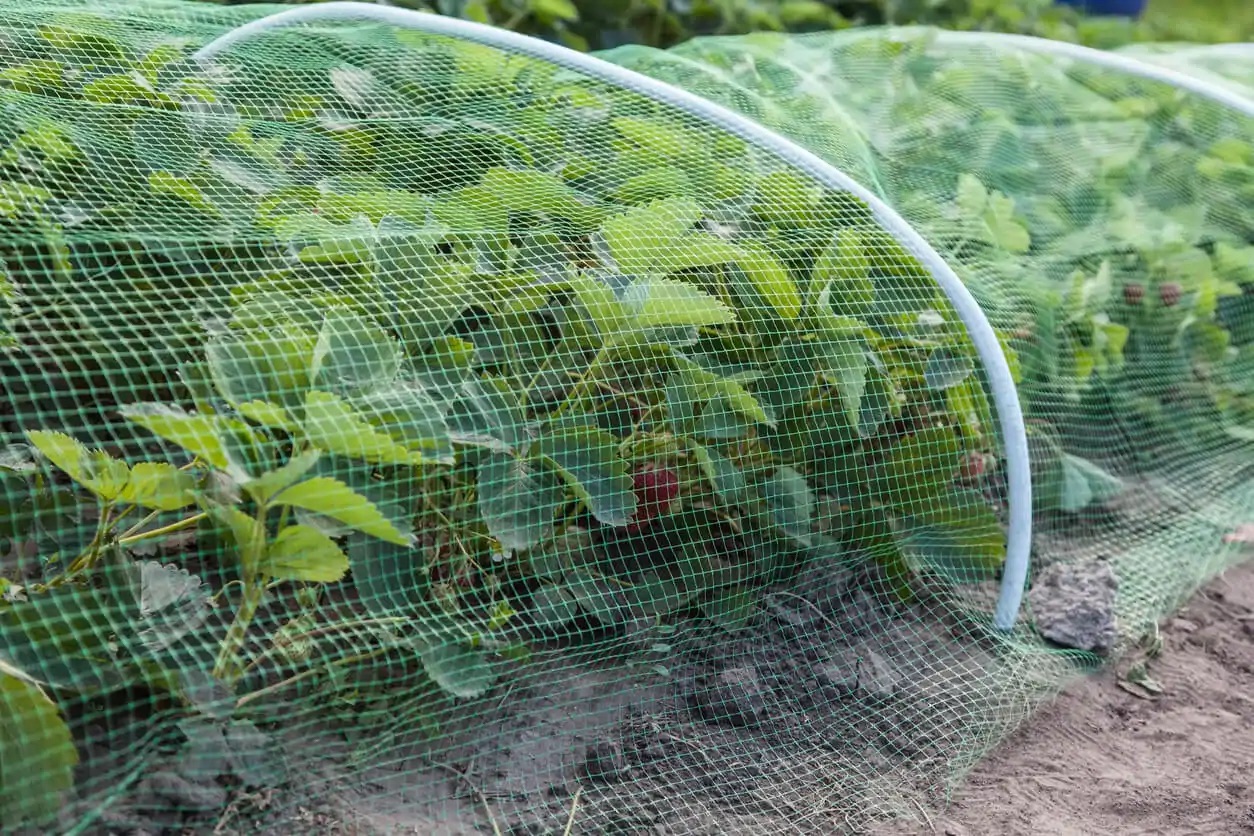
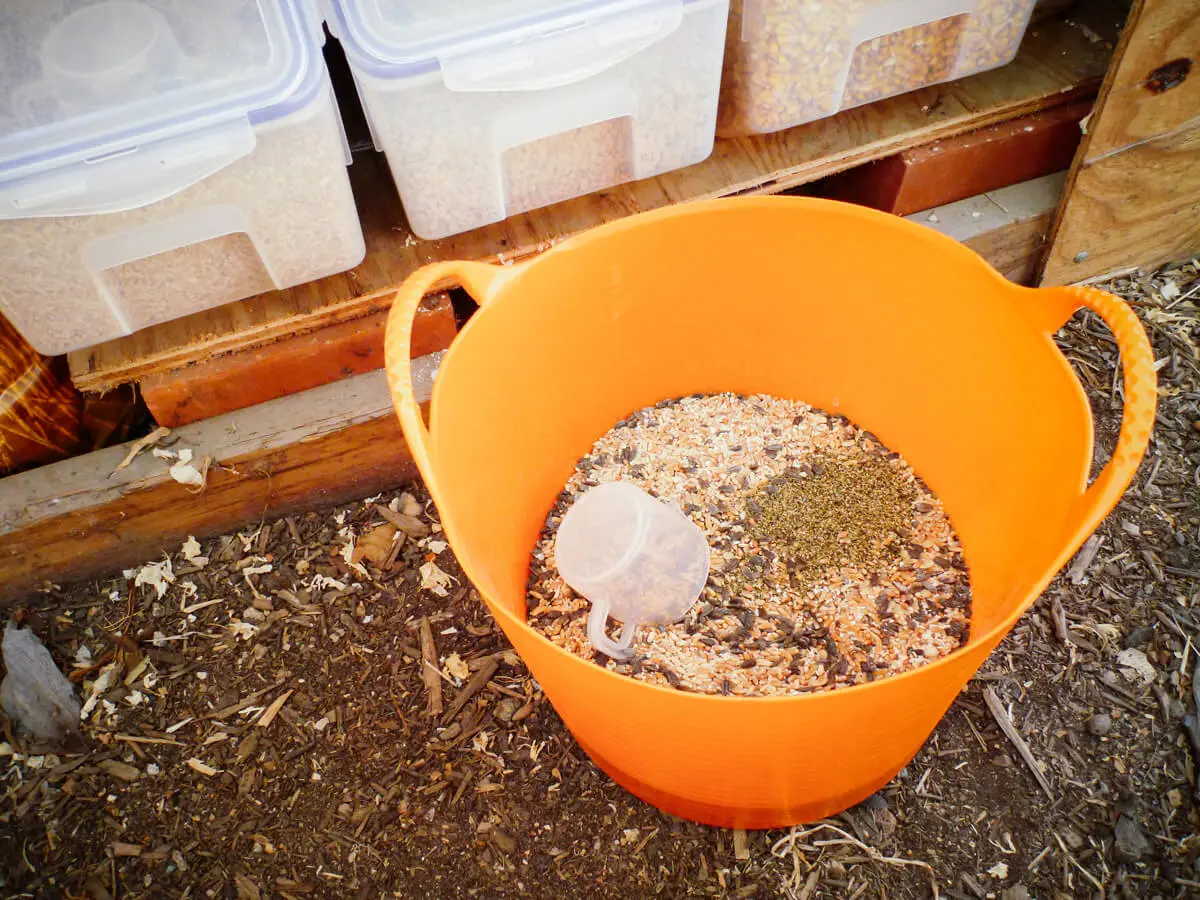


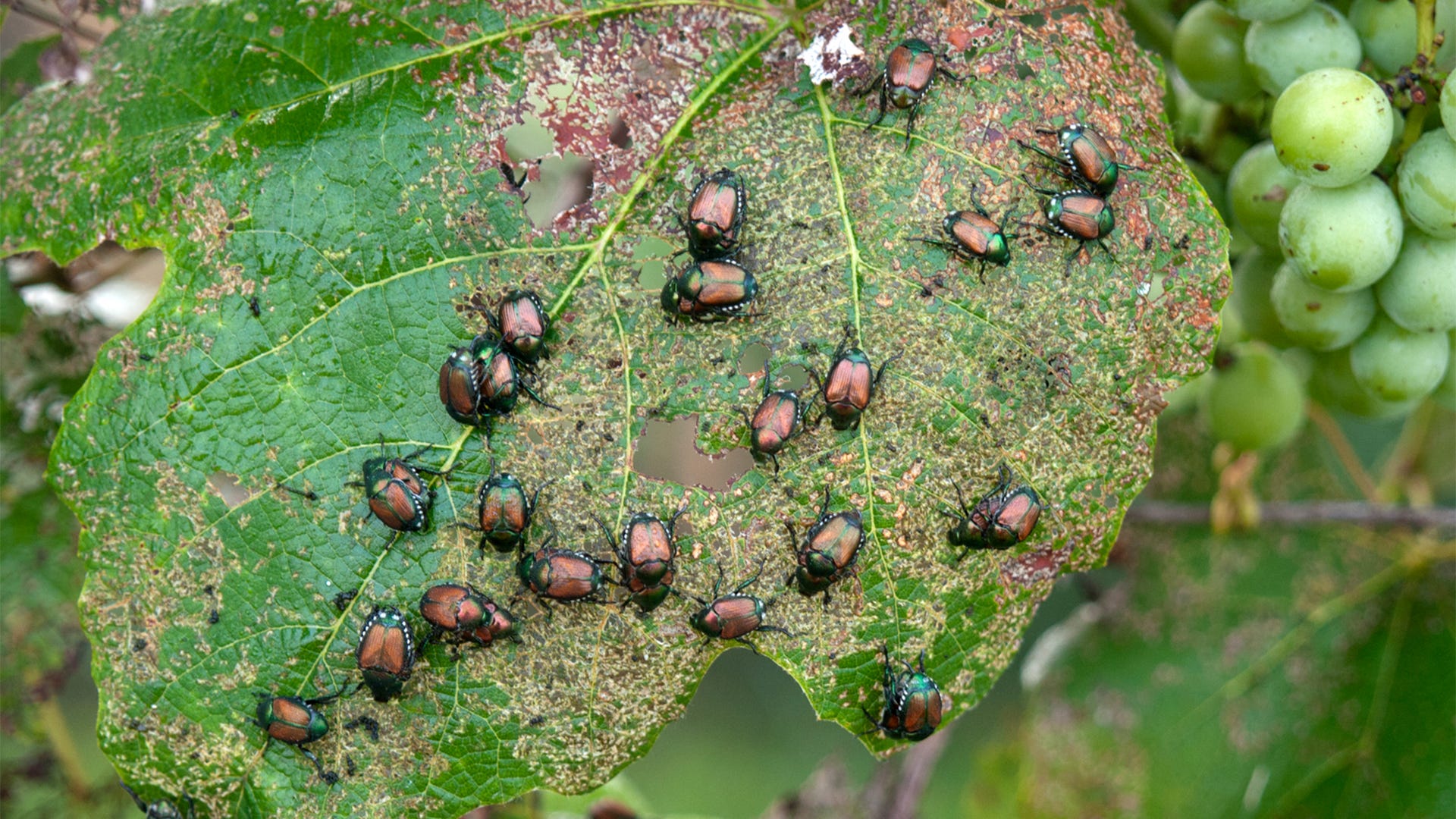


0 thoughts on “How To Keep Chickens Out Of Garden”